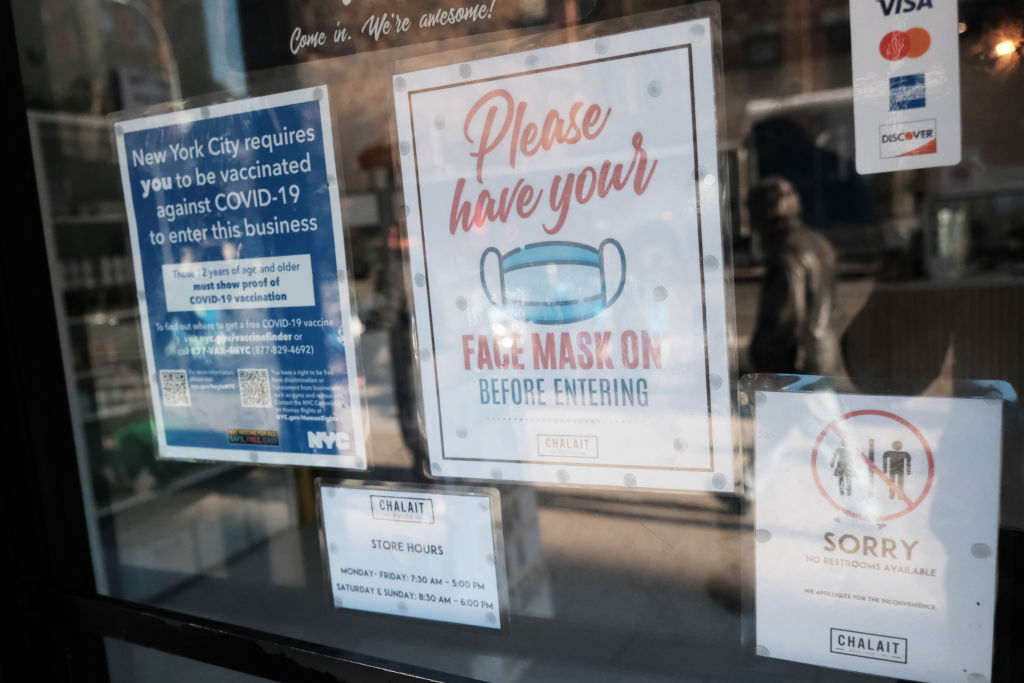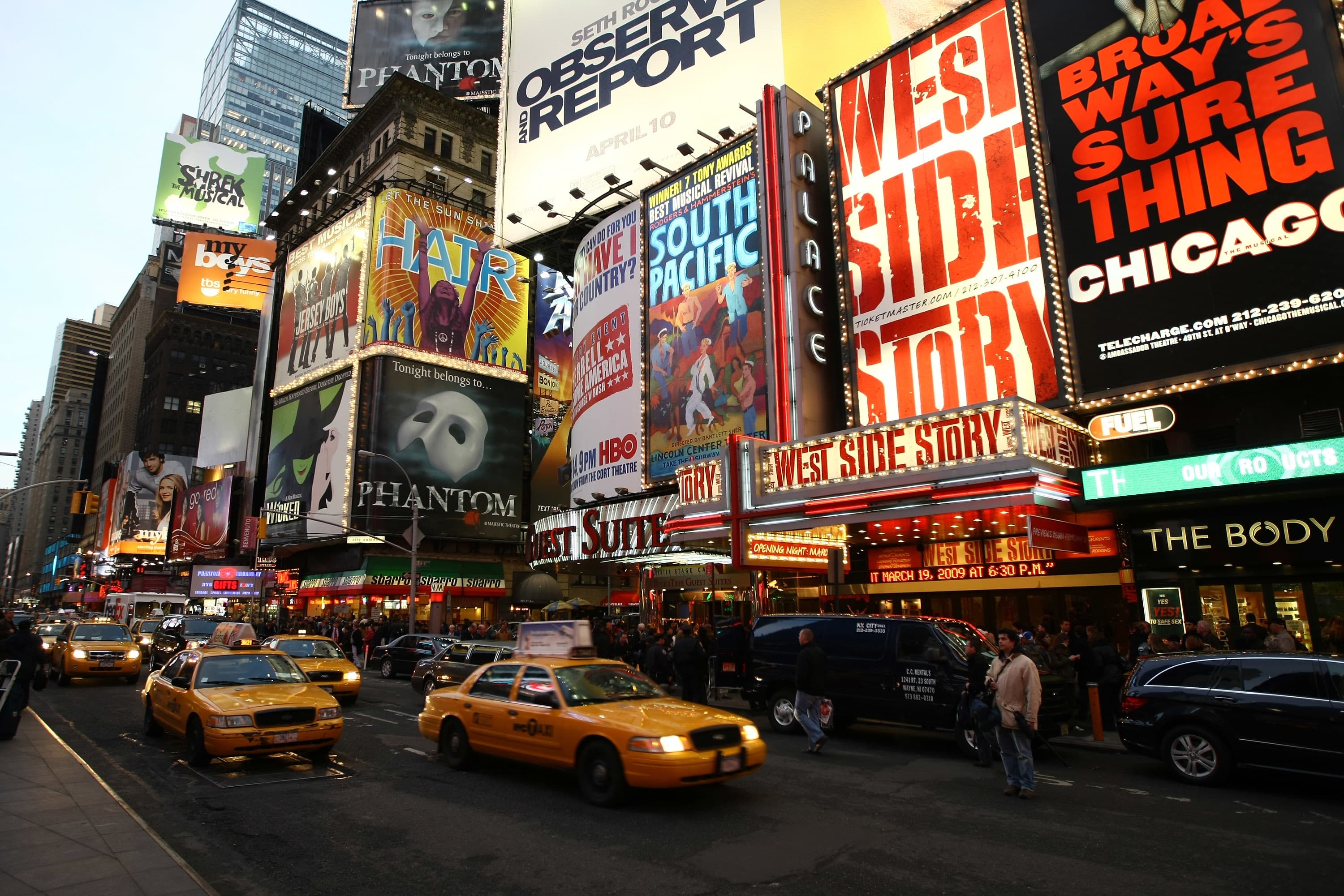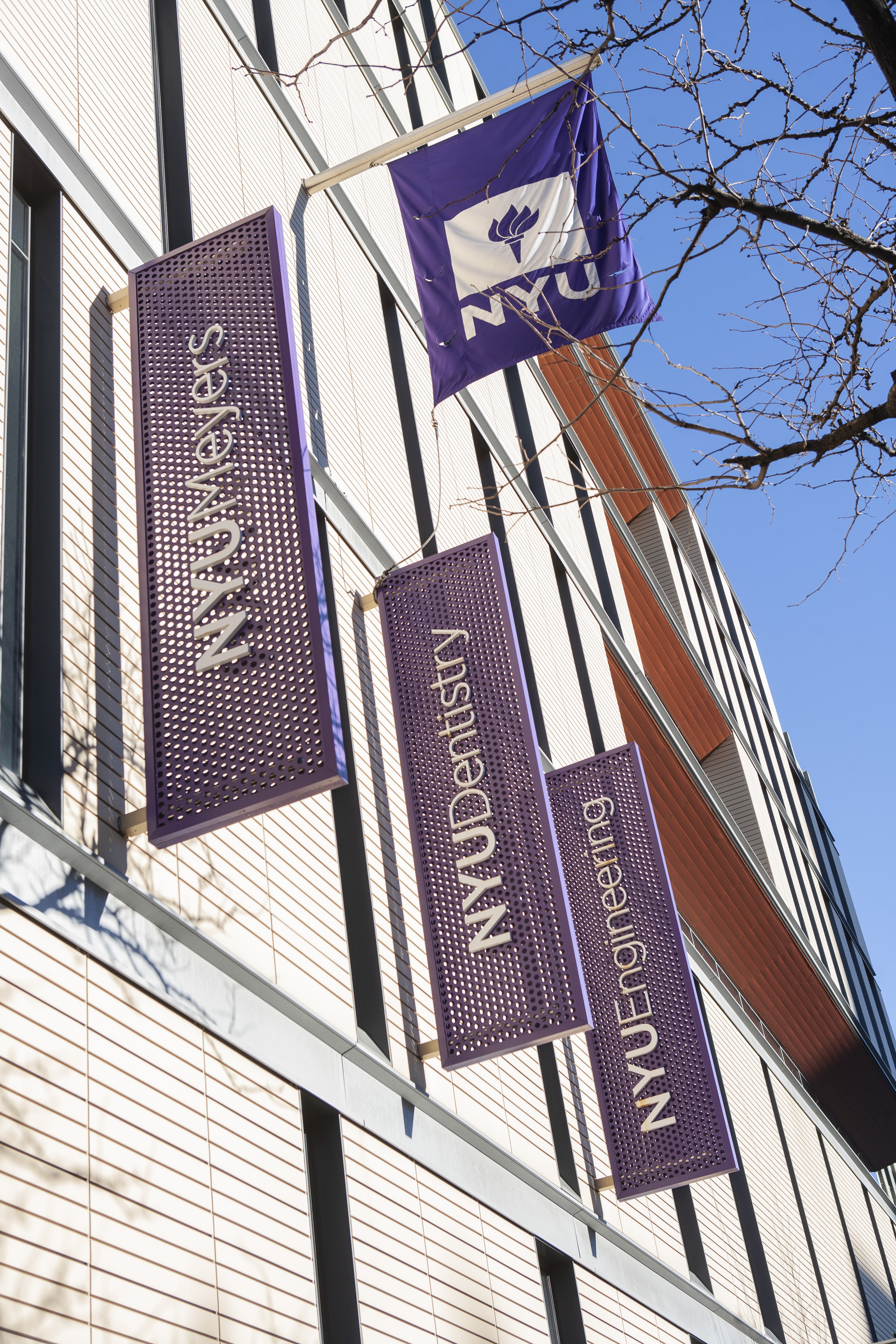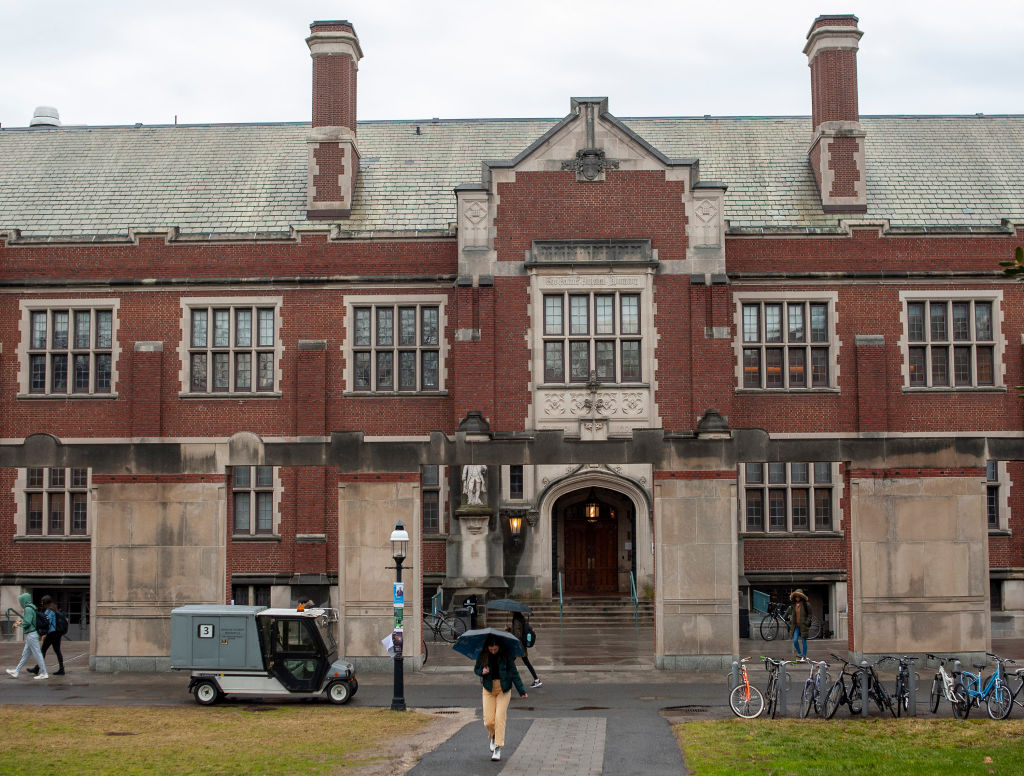New York City's strictest-in-the-nation vaccine mandate, one that covers its entire private-sector workforce, takes effect on Monday. The mayor outlined a number of specific guidelines and other details regarding the planned expansion.
Still, there are a number of outstanding questions for many of the affected parties. Here is a list of frequently asked questions and City Hall's answers to each of them.
1. What Am I Required to Do as an Employer?
Workers must provide or have provided proof of vaccination against COVID-19 to their employers by Dec. 27, and a business (a “covered entity”) must exclude from the workplace any worker who has not provided such proof unless an exception
due to a religious or medical accommodation applies, or a worker only ever enters the workplace for a quick and limited purpose.
2. How Do I Know if I'm Covered by the Order?
First, the order only applies to workplaces in New York City. Many different types of
businesses are covered by the order. Any non-governmental entity that employs more than one worker in New York City is covered. So is any non-governmental entity that maintains or operates a workplace in New York City.
Get Tri-state area news delivered to your inbox.> Sign up for NBC New York's News Headlines newsletter.
A "workplace" is any place where work is performed in the presence of another worker, or a member of the public. Individuals who are self-employed or sole proprietors are not covered by the order unless they work at a workplace, interact with other workers in person or interact with the public in person while working.
Some examples of covered entities include clothing stores, grocery stores, taxicabs or rideshare owners-operators, speech therapists who conduct home visits and writers who rent desks in shared workspaces. The order does not apply to covered entities or individuals who are already subject to another Order of the Commissioner of the Department, Board of Health, the mayor, or a state or federal entity that requires them to maintain or provide proof of full vaccination. It does not apply to individuals who have been granted reasonable accommodation requests.
Covered entities or individuals who are subject to federal requirements
that are not currently in effect because of a court order must comply with this order.
More Coverage
3. Do I Need to Keep Records of Vaccination Proof for All Workers?
It is easiest and most efficient to keep a record of each worker’s proof of vaccination. You can do so by either: 1) making a copy or taking a picture of their proof of vaccination or 2) creating your own paper or electronic record that includes the following information for each worker: name, vaccination status, second-dose proof date for workers who have only submitted proof of one. (More on that here.)
If you hire a contract worker, you do not need to keep a record of the contractor’s
vaccination status. You can instead request that the contractor’s employer confirm that the contractor is vaccinated, and you must maintain a record of both your request and the confirmation.
4. Do I Need to Keep Records of Reasonable Accommodations?
Yes, if any of your workers do not get vaccinated because you approved a reasonable accommodation for them based on their religion or medical condition, you will need to have a record of when you granted the reasonable accommodation, the basis for doing so, and any supporting documents the worker provided for the reasonable accommodation.
5. What If a Worker Says Religion or Medical Conditions Preclude COVID Vaccination?
Workers who have a sincerely held religious belief (not a social or political belief), or a medical condition that prevents them from being vaccinated may apply for a reasonable accommodation. They must apply by Dec. 27 and that begins the reasonable accommodation process. Employers may permit workers to continue coming into the workplace while their exemption requests are pending.
However, city agencies may review a covered entity’s exemption process and records to ensure the entity is handling requests promptly and appropriately.
Guidance on how to handle reasonable accommodation requests as well as a checklist that employers can use to process reasonable accommodation requests is available here. If an employer chooses to follow this checklist and keeps
it on file, that shows the request was handled appropriately.
6. If Workers Submit Proof of Just One Dose of a Two-Dose Vaccine, Do I Need to Make Sure They Get Their Second Dose?
The requirement for Dec. 27 is proof of ONE DOSE. Workers need to get their
second dose within 45 days. If they do not have proof of a second dose within that
timeframe, you must exclude them from the workplace until they can display proof of vaccination for their second dose.
7. Can Unvaccinated Workers Enter the Workplace for Any Reason?
Yes, workers may enter for a quick and limited purpose even if they have not shown the required proof of vaccination. Some examples of a quick and limited purpose include using the bathroom, making a delivery, or clocking in and receiving an assignment before leaving to begin a solitary assignment.
8. Are There Any Other Requirements?
The Department of Health and Mental Hygiene (DOHMH) has created a one-page
attestation sign that you must fill out and post in a conspicuous location at your
business by Dec. 27. The attestation sign affirms that you are complying
with the order. You must post this official attestation sign even if you previously had
your own signage about employee vaccination status.
If you previously posted a notice per the “Key to NYC” requirements for restaurants,
fitness centers, and entertainment venues, you do not need to post the additional
DOHMH attestation sign.
9. What If I Checked My Workers' Vaccination Status Before This Order Was Issued?
That's all you need! You are all set if you have the records required by the order, and
have posted the DOHMH attestation sign in a conspicuous location.
More Coverage
10. What If My Businesses Is One of Multiple Locations, Like a Chain Restaurant?
Each individual business location is covered by the order and must post the official
DOHMH attestation sign in a conspicuous location that affirms the business is in
compliance with the order. A business with multiple locations may store
employee vaccination records in one central location, as well as reasonable
accommodation records, if any, instead of having such records available at each.
Each business location should have contact information available to offer to city inspectors to put them in touch with the business representative who is centrally
storing such records for the business.
11. Do I Need to Verify Vaccination Proof for Workers Who Do Not Live in NYC?
Yes, the requirement is specific to New York City workplaces and where the worker
lives is not relevant to the order.
12. How Do I Do Verify the Information?
You should ask to view one of the types of proof of vaccination below, and a form of
identification. Acceptable forms of identification include driver's licenses, non-driver government ID cards, IDNYC cards, passports, school or work ID cards.
Individuals may also show copies of their identification document, including a picture on their phone or by using an app like NYC Covid Safe that allows them to display a copy of the document.
13. What Proof Is Sufficient?
Sufficient proof may be demonstrated by displaying a photo or hard copy of the CDC vaccine card, NYC COVID Safe App, New York State Excelsior Pass, CLEAR's Digital Vaccine Card, CLEAR Health Pass or official vaccine record. A photo or hard copy of an official vaccination record of a vaccine administered outside the U.S. for AstraZeneca/SK Bioscience, Serum Institute of India/COVISHIELD and Vaxzevria, Sinopharm or Sinovac vaccines is also accepted.
14. What if a Worker Refuses?
If a worker is in the workplace for more than a quick and limited purpose and has not applied for a reasonable accommodation, then you must not allow them to enter the workplace.
15. Do I Need to Fire or Discipline for Noncompliance?
No. As long as you keep the worker out of the workplace, it is your decision whether to discipline or fire such worker or if the worker can contribute to your business while working remotely.
16. Are There Penalties for Business Noncompliance?
Our goal is always to educate and work with businesses to help them achieve
compliance. It’s always our preference to ensure compliance and to avoid fines and
penalties. If a business refuses to comply, they are subject to a fine of $1,000 and escalating penalties thereafter if violations persist.
17. Who Can I Call With Questions About Inspections?
Call the Small Business Services hotline at 888-SBS-4-NYC.





